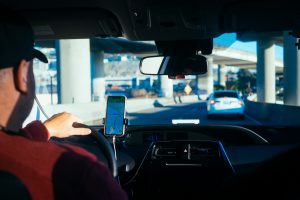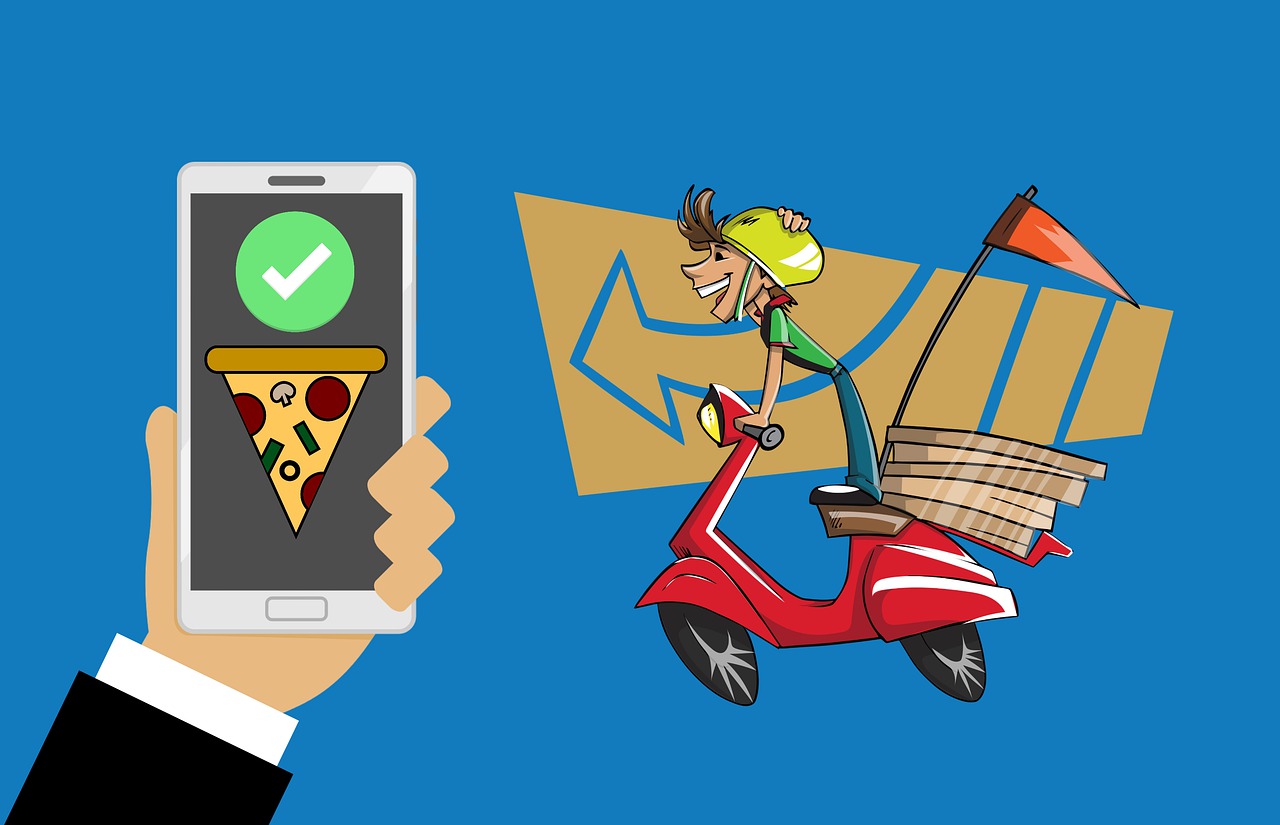Shoppers demand answers, Uber gets a partner and drivers go MIA. LegalRideshare breaks it down.
Shoppers gone dark, Lyft gone back to basics, and Uber drivers… just gone. It’s all here in This Week in Rideshare!
MONDAY 5/3/21
Deactivated shoppers have one thing to say to Instacart: “We want answers.” CNN Sara Ashley O’Brien explains.
The situations the shoppers described to CNN Business highlight the precarious nature of gig work: They can work at their convenience as it suits their lifestyles, but they’re at the mercy of the company’s whims and often opaque or nonexistent processes to redress grievances.
The shoppers said Instacart — which has more than 500,000 shoppers and whose valuation has ballooned to $39 billion — hasn’t been responsive to their demands for help, the shoppers said.
TUESDAY 5/4/21
Self-driving cars turned out to be…a non-starter. Marketplace explains:
“Uber and Lyft have both decided that it’s not worth throwing many more billions of dollars at this problem, and we’re better off to just focus on our core business,” he said.
WEDNESDAY 5/5/21
Uber added a new partner: Gopuff. The Verge explains:
Uber announced that it was teaming up with delivery startup Gopuff to expand its delivery business. Gopuff, which acquired liquor store chain BevMo last year, will make its inventory of convenience and grocery store items available to Uber as part of this new deal. The companies plan to roll out their new offerings to customers in 95 cities starting this June and nationwide later in the year.
THURSDAY 5/6/21

Lyft’s thoughts on the future? Rideshare will return. Business Insider explains:
“We believe that individuals who have been doing other forms of app-based work over the last years will transition to rideshare,” Lyft cofounder John Zimmer said, before picking food-delivery apps as an example.
FRIDAY 5/7/21
As riders return there’s one thing that isn’t: drivers. Washington Post reported:
But drivers said the coronavirus pandemic provided the first glimpse in years at what a life after Uber could look like. For many of them, it was a meaningful reset that gave them a better understanding of the toll the gigs had taken on their bodies, their mental health and their vehicles. It was the push they needed to finally begin their lives after Uber.
LegalReader thanks our friends at LegalRideshare for permission to share this piece. The original is found here.


Join the conversation!